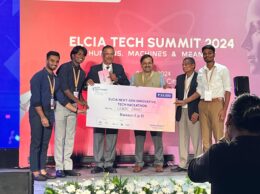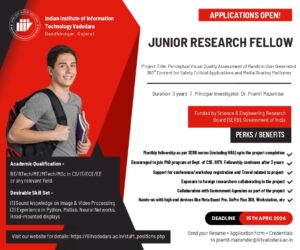After 34 years, India’s Education Policy (2020) has been updated and improved with the aim of bettering higher education for people with disabilities. For too long, education in India has largely excluded people with disabilities. Roughly 70 million people are diagnosed with a disability, while just 2% complete school and only 1% find employment. Fortunately, now the new policy aims to ensure equality and inclusion for all.
Impact of disabilities
Having a child diagnosed with a disability can be challenging for families — particularly in the early stages. In particular, cerebral palsy is the most common motor disability in childhood. Roughly 15-20% of physically disabled children have cerebral palsy. In India, the estimated incidence is around 3/1000 live births. Cerebral palsy refers to a group of lifelong conditions that impact movement, balance and posture. It also commonly occurs alongside learning difficulties such as language difficulties, perceptual difficulties, a short attention span, and motor planning difficulties. In turn, literacy, numeracy, and other classroom skills can be affected. It’s imperative that educational services and support are provided to children with cerebral palsy as early as toddlerhood in order to help key life skills fully develop, Cerebral Palsy Network explains. With access to the right help and support, families can better care for loved ones with cerebral palsy, and increase their chances of successfully pursuing higher education.
Supporting students with disabilities
The new NEP prioritises the principles of equity and inclusion for all students in higher education. The policy is designed to prevent the educational exclusion, segregation and isolation of students with disabilities, as well as ethnic and linguistic minorities — those who face learning difficulties due to language barriers. As such, people with disabilities will be better provided with an impressive range of educational opportunities. For example, a number of institutions for higher learning across the country have already established ICT centres to help studentswho are print impaired. These centres at Delhi University, St Xavier’s College in Mumbai, and Loyola College in Chennai facilitate independent reading and working through the use of technology. Additionally, organisations such as the National Association for the Blind are converting study materials into a number of different formats and media in order to make them accessible to students with blindness.






